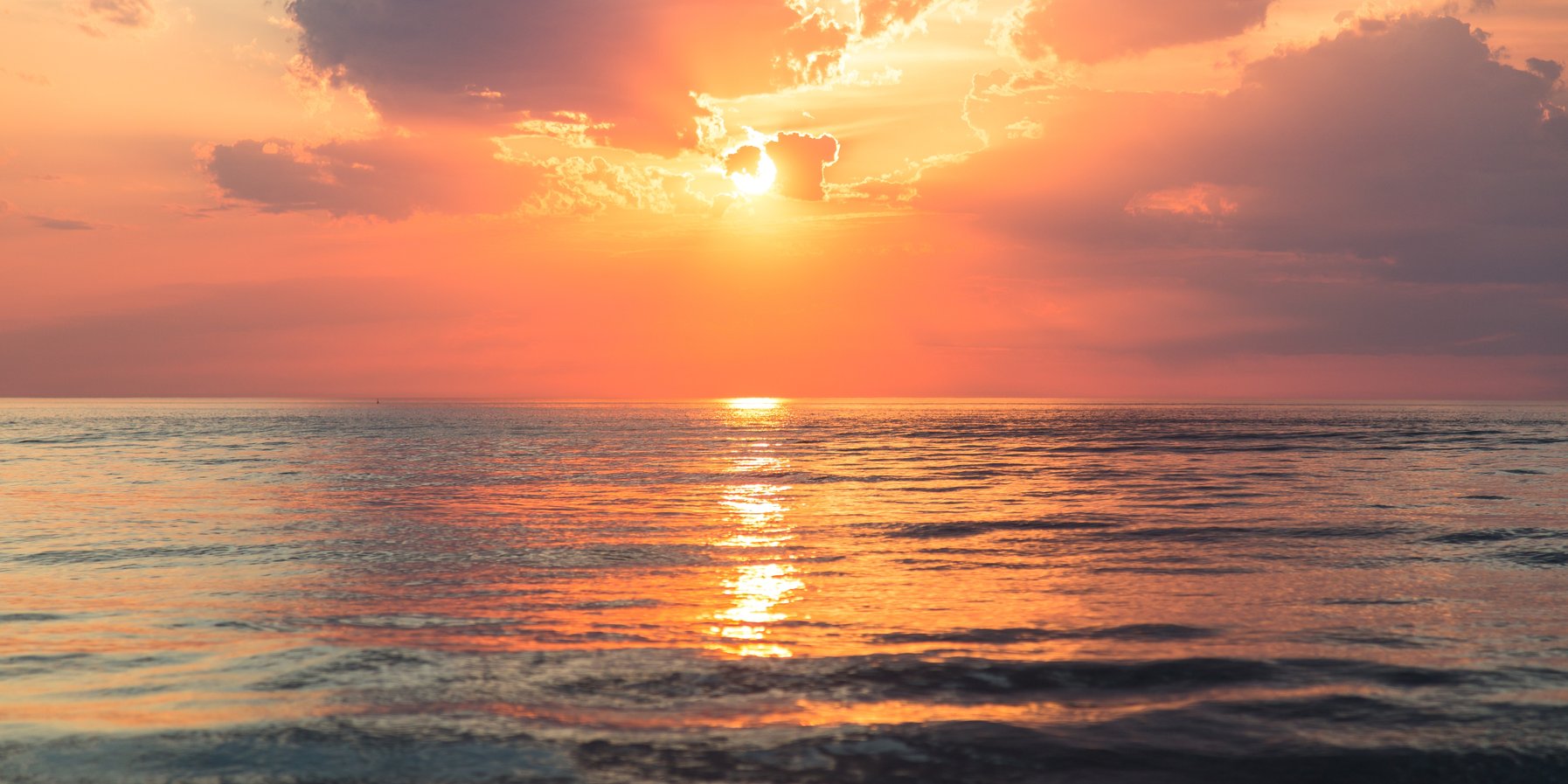THOMAS ARNE: RULE, BRITANNIA!
Great Britain's home affairs were a good deal more stable and the country's foreign policy a lot more skilled in the mid-18th century than is the case today. The British Empire counted colonies all over the world, and overseas trade was flourishing. The next task was to vanquish Europe's other maritime nations and ensure the Royal Navy's supremacy at sea. The accompanying anthem was supplied in 1740 by Thomas Arne (1710 – 1778) in the shape of »Rule, Britannia – Britannia Rule the Waves!«, originally written as the finale of a patriotic masque with which Frederick, Prince of Wales, hoped to curry favour with his father, King George II. Arne, who had himself suffered at the hands of a grouchy father, scored a hit with »Rule, Britannia«: to this day, it is sung at the »Last Night of the Proms« accompanied by eager flag-waving to emphasise the Great in Great Britain…

This is an article from the Elbphilharmonie Magazine (issue 03/2019), which is published three times per year.
Hermann Amann: An Island with Two Mountains (The Lumerland Song)
You only need to hum the first couple of bars, and you will already find yourself in a good mood with pictures in your mind of Jim Knopf and Lukas the engine driver, who have all kinds of exciting adventures with their railway engine Emma. The story by Michael Ende, published in 1960, and the charming version made for television by famous marionette theatre Augsburger Puppenkiste took its young audience by storm, and to this day Jim and Lukas form part of every German childhood. The catchy theme tune also contributed to the success of the TV series; it was composed by Hermann Amann (1912 – 1991), who composed the soundtracks for many other Puppenkiste productions. The slow opening rolls towards us like an ancient steam engine before the tune gets going and snuffles cheerfully along. And like the locomotive Emma, Amann's theme tune has bravely withstood all its excursions – even a later butchering as a techno piece and the use as goal music by Augsburg Football Club.
Christoph Willibald Gluck: Iphigénie en Aulide and Iphigénie en Tauride
The myths of classical antiquity make it clear that Greece consists mainly of islands. Some hero or other is constantly getting shipwrecked and being washed up on unknown shores, where he has to cope with a seductive sorceress. Time and time again, the gods send calm seas to delay travellers. Iphigenia has a particularly hard time of it: first of all, her father Agamemnon plans to sacrifice her on the island of Aulis so that he can finally set sail for Troy; then the gods call on her to sacrifice her brother Orestes on Tauris so that she can return home. In the space of just five years, Christoph Willibald Gluck (1714 – 1787), the great reformer of 18th century opera, set the first and then the second story to music for the Paris opera. The public – primarily his singing pupil and patron Marie Antoinette – was delighted.
Herbie Hancock: Cantaloupe Island
When the Chicago Symphony Orchestra presented an 11-year-old wunderkind by the name of Herbert Hancock in a 1952 performance of a Mozart piano concerto, nobody could have guessed that the young keyboard prodigy would go on to become one of the century's most important jazz musicians. Only ten years later, he released his debut album on Blue Note, which prompted the great Miles Davis to hire him. With his distinctive funk-influenced riffs, Herbie Hancock, born in 1940, moulded the band's sound and made a substantial contribution to the development of fusion and jazz rock. Parallel to his work for the Miles Davis band he wrote many songs for his own formation that soon became established as jazz standards. And he is apparently fond of tropical fruits: his two biggest hits bear the names »Watermelon Man« and »Cantaloupe Island«, with the latter since turned into a formative track of danceable acid jazz as a remix entitled »Cantaloop«.

The Police: Message in a Bottle
»Just a castaway, an island lost at sea, another lonely day with no one here but me.«
The Police in »Message in a Bottle«
The lyrical first person as an island, cut off from society, from love, even from mankind itself – The Police made use of this metaphor in their 1979 no. 1 hit »Message in a Bottle«. The song touched a perfect chord with a young generation of outsiders who were rejecting mainstream music in favour of punk or new wave. At least the story turns out well in the song: »hundreds of billions« of messages wash up on shore in response to the »SOS to the world« inside the bottle. And Sting was echoing the feeling of millions of frustrated teenagers with the words: »I'm not the only person who's alone.«
Sergei Rachmaninov: The Isle of the Dead

A gloomy island featuring burial chambers built into precipitous cliffs with cypress trees towering above them, and a fragile rowing boat heading for the island with a coffin on board: the motif with its psychedelic, metaphysical overtones was such a hit with the public that Swiss Symbolist artist Arnold Böcklin painted no fewer than five versions of »The Isle of the Dead« from 1880 onwards. Among the painting's admirers was the composer Rachmaninov (1873 – 1943), who was inspired to write a 20-minute orchestral piece with the same title in 1908. Rachmaninov took the original decision to portray the boat crossing not in the customary 6/8 barcarole rhythm, but instead in 5/8 time, whose irregular swaying motion summons up a mood of menace. At the climax we hear the Gregorian hymn »Dies irae«, which conjures up the Last Judgment: Rachmaninov, who sometimes suffered from depressions, quotes the melody in many of his works. Incidentally, Böcklin also painted a counterpart in 1888 entitled »Isle of Life«, but it did not occur to Rachmaninov to set this happier vision to music.
GERHARD WINKLER / RALPH MARIA SIEGEL: CAPRI-FISCHER
»When the red sun sinks into the sea beyond the isle of Capri…« – few song lines arouse wanderlust in the German heart as predictably as this. With the schmaltzy voice of crooner Rudi Schuricke on the car radio, columns of Volkswagen Beetles chugged over the Alps from economic-miracle Germany after the war to reach the land that had famously filled Goethe with longing. The island in the Bay of Naples became a synonym for Mediterranean atmosphere, and Capri pants, Capri ice cream and the soft drink Capri Sun appeared on the market. The hit song first appeared in 1943, but it was immediately banned as Italy joined forces with the Allies. For the war generation, »Capri-Fischer« held another level of identification: like the fishermen in the song, millions of German soldiers had to hope that their wives back home would remain faithful to them. The song's composer, Gerhard Winkler (1906 – 1977), was even awarded the German Order of Merit for his contribution to Italo-German relations, though he frankly admitted that he had never actually been to Italy!
Text: Clemens Matuschek, Stand: 20.8.2019
»When the red sun sinks into the sea beyond the isle of Capri…«
Gerhard Winkler / Ralph Maria Siegel in »Capri-Fischer«







